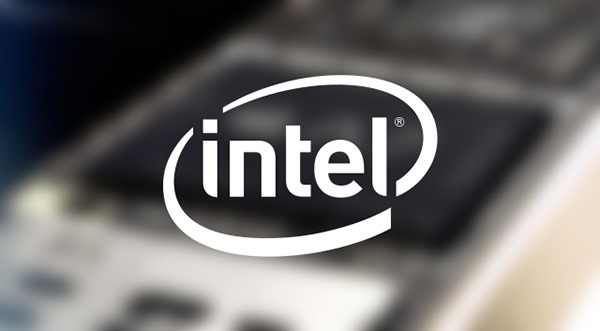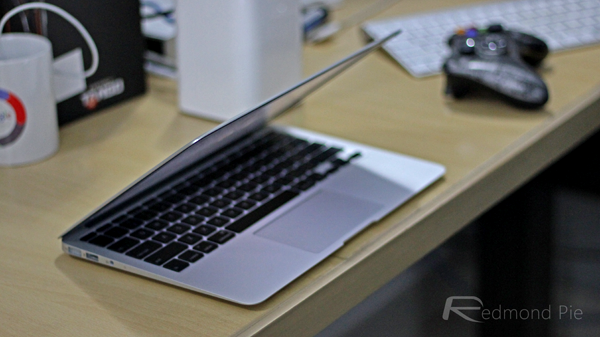Purported news of Apple moving to ditch Intel processors in favor of its own ‘A’ series chip for future iMacs and MacBooks is churning up again. A newly surfaced report, claims that the company will be using the new CPU in at least one of its Mac devices by 2016. Head on after the break for more on this news.
When such rumors surfaced earlier, there were conflicting reports on Apple sticking to Intel processors for quite some time from now, but this latest report comes in from KGI, an analyst firm which believes that the new processor Cupertino is working on would perform at levels between Intel’s current Atom (Bay Trail) and Core i3 CPU.

Currently, MacBook Airs are powered by the Core i5 CPUs which are sufficiently power efficient considering Apple’s emphasis on battery longevity and of course, not sacrificing performance while at it. However, as noted by AppleInsider, “faced with delays for Intel’s next-generation Broadwell processors, Apple instead opted for minor speed bumps accompanied by price cuts for its MacBook Air and MacBook Pro series.”
Apparently these processors are to be forged by Samsung and could be using a 10nm FinFET process, one which is yet to be released, or seen. In the report unearthed by AppleInsider, and according to Ming-Chi Kuo, an analyst at KGI, “the company is laying groundwork to diversify the fabrication of its custom-designed processing units, including the iPhone and iPad’s A-series and the Apple Watch’s S-series.” A future A10 CPU is reported to be manufactured at Samsung’s 10nm fabricating foundry.

Does Project Aquarius mean anything to you? In the late 1980s, Apple started an initiative to create a quad-core CPU it could use in all its Macs, but it failed, and well, nothing substantial came out since, barring the strides in mobile processors of course with the A7, and A8 CPUs.
All this possible transition we speak of for Apple has happened once before where the iOS maker ditched the PowerPC chips widely used in all its Macs, jumping onboard the Intel bandwagon in a substantial transition. This eventually saw Apple machines being able to run not just the Windows OS, but the newfound speeds resulted in a drastic increase in sales as well.
(Source: AppleInsider)
You can follow us on Twitter, add us to your circle on Google+ or like our Facebook page to keep yourself updated on all the latest from Microsoft, Google, Apple and the web.

